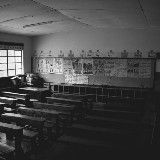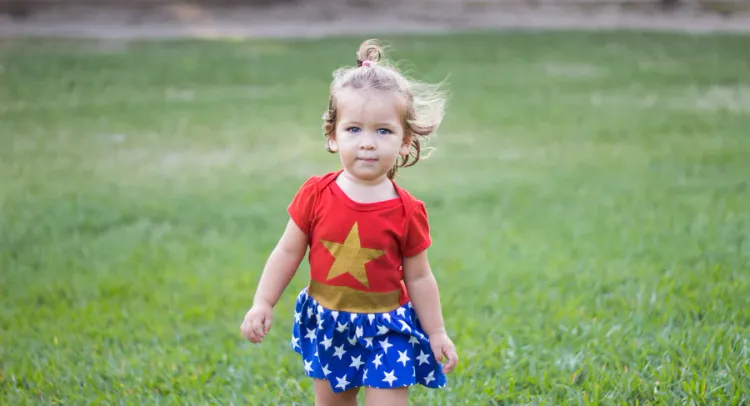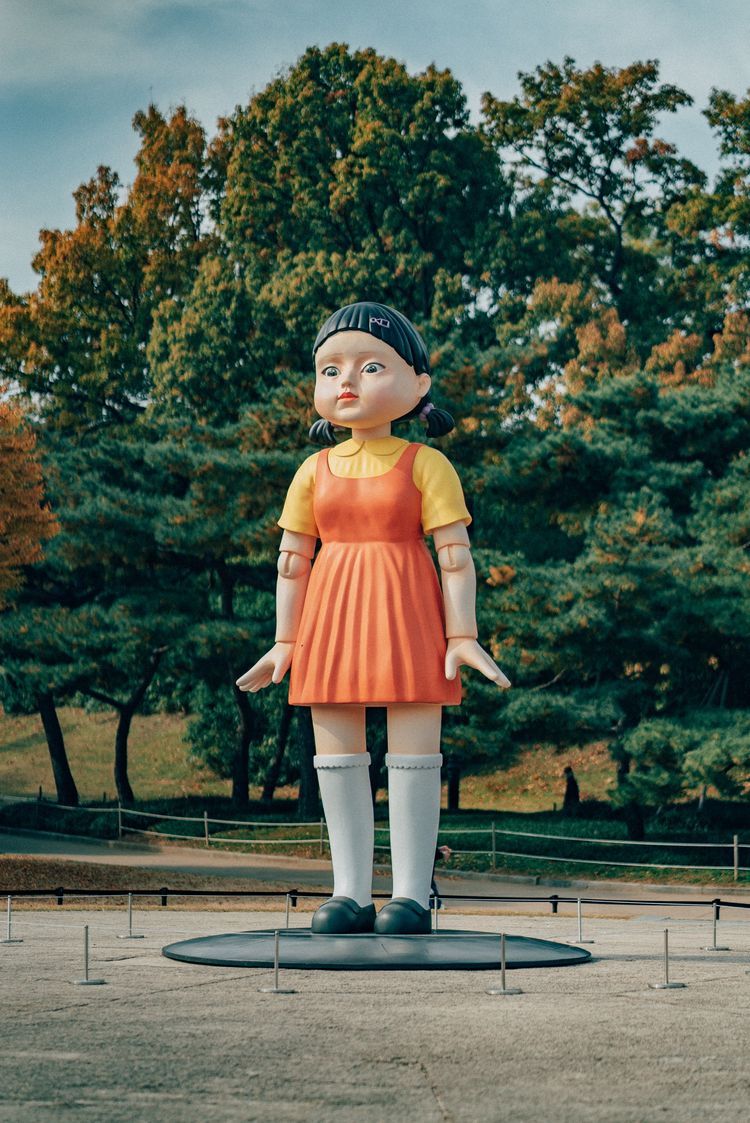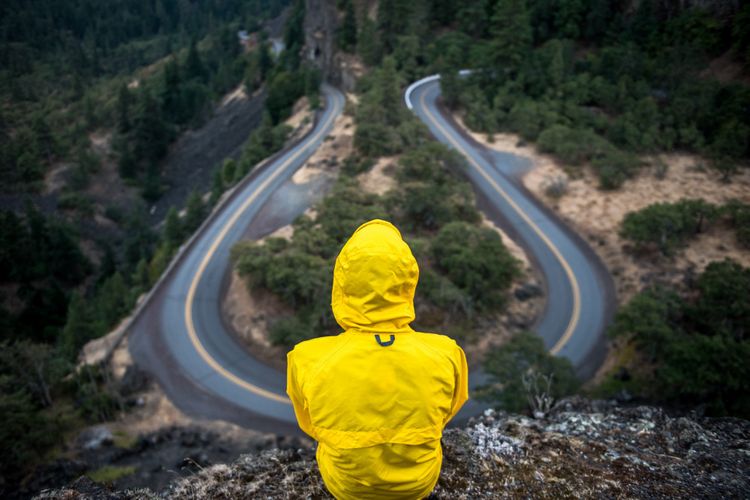Dear Kindergarten Parent
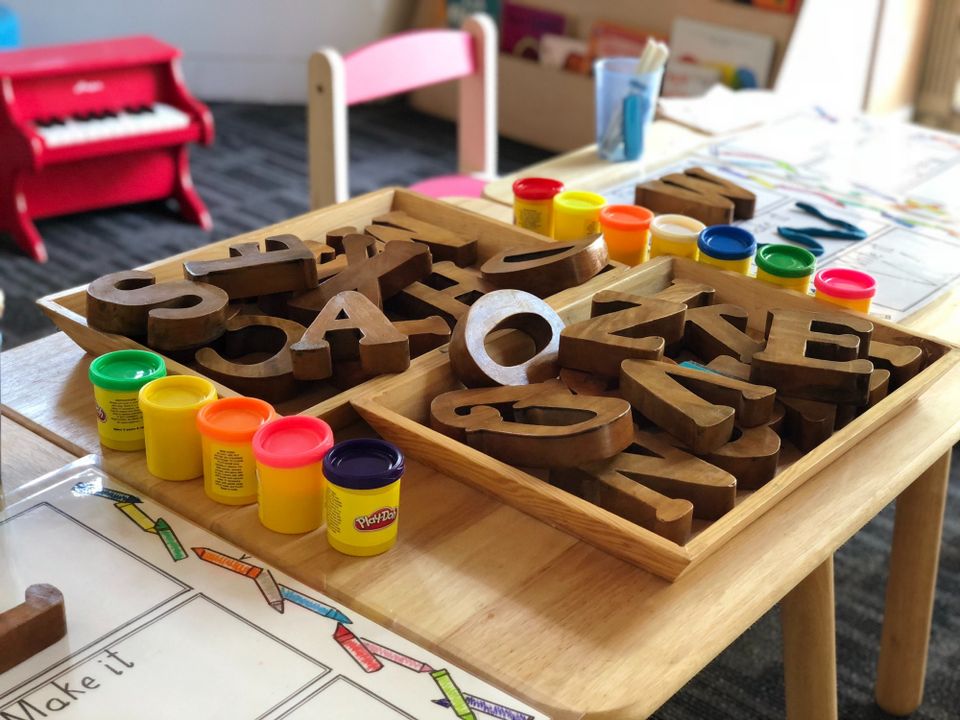
This year will be different

Dear Kindergarten Parent,
I know this is a weird year. You and your new kindergartener were looking forward to new adventures and independence. You were looking forward to meeting your teachers, making new friends, and learning new skills. And, if you are in the same boat as I am, this is not how you imagined your kindergartner’s first experience with school. No matter if you are going in person, participating in distance learning, hybrid model, or even homeschooling, things are going to look different.
Traditional kindergarten is an amazing year of growth and independence. Kindergarten is more than learning A, B, C’s and 1, 2, 3’s. It’s filled with new learning experiences and a chance to learn how to work collaboratively with peers. It’s learning routines to establish independence. It’s a time to make new friends and learn how to work with someone new. It’s learning to follow directions, taking turns, and learning to share.
But this year will be different. It will not be a traditional year, no matter which direction you decide for your child. If your kindergartner is going in person, there will probably be a lot of new adults and kids and everyone is wearing a mask, trying to stay 6 feet apart.
This year will be a new experience for everyone; even for the teachers as they learn to bring the curriculum to your child via computer or in-person while maintaining a safe distance according to health guidelines. Be patient with the teachers and be flexible with them as they are changing their teaching style. They are used to seeing their students in person. They prefer to be in class and in close proximity to their students and ever ready with that hug for our babies who are nervous about being away from mommy and daddy all day for the first time.
Kindergarten is often our children’s first foray into socialization without mommy or daddy being around. They learn to share, taking responsibility for their actions, and engage in life skills. Trying to teach those same socialization skills is going to look very different online or in class this year. They will have to learn different socialization skills: politely waiting their turn from a distance, waiting for their teacher to call on them during a video lesson, and learning to determine who is speaking during a virtual lesson or behind a mask.
Know that the teachers believe that your child’s emotional health is important to them, too. You know your child best, if she is struggling, give her grace. Know that your child may be frustrated. Do your best to support them by keeping calm. We don’t want to share our fears and frustrations with our children. We want them to continue to like school and have a positive attitude.
Don’t worry if your child does not hit her reading or math benchmarks. This is an adjustment period for everyone. Continue to help them prepare themselves for attending class everyday and coming in with a happy heart. When teachers receive their students face to face, they are prepared to teach them wherever they are in their learning. Trust me, teachers have always met their students where they are and pushed them to greater learning. From a personal experience, this has happened with each of my four children (even the one who has a learning disability) from preschool to high school.
What Will Stay the Same?
Your teacher’s passion for teaching and making connections with her students will stay the same. Or if you are lucky like us, we had an amazing male kindergarten teacher for our first three kids. He was a fantastic role model who taught them a love for books and learning that has continued up through high school for my oldest child.
Your teacher is working hard and learning new ways to bring the curriculum to your child. This year’s learning will look different, but will still be applicable. Teachers are professionals on how to maintain interest and teach new concepts. That will not be different.
Your child is still attending school, even if it’s from your kitchen table. Just as you approach your job from home, they are attending school virtually. Students will be expected to treat their home workspace as a classroom experience. Have them come to class dressed for school and ready to learn with their learning materials close by. Some suggestions for what you will need at home: earbuds, pencil, crayons, and notebook or paper.
Teacher will still teach learning letters and their sounds, letters formations, and fun math skills. Teachers will read books and introduce concepts about print. You child will learn about days of the week and seasons through calendar. They will do and watch science experiments and they will learn about important people in social studies.
Teachers are still teaching a growth mindset. What is a growth mindset? “A growth mindset is when students understand that their abilities can be developed,” (Dweck, 2014). It changes thinking from I can only do x, y, z, to I can work and put in effort to grow and expand my skills. It changes the I can’t to I CAN.
Go in with an open mind. Know that you CAN do hard things and so can your child. Your teachers are there to support and teach your child. Remember, they are still experts in their field, even if their field looks a little different these days.
Mama and Daddy, you have totally got this. So do your children. Let them grow and learn. Let them gain some independence. It’s okay to be a little frustrated. There will be growing pains. But, you are their first teachers and how you support your classroom teacher, will help your child respect and make connections with her teacher.
I have been through first days of kindergarten three times and every time, it’s bittersweet. No matter how many times I do it, it’s still a learning curve for me. My last “baby” is going to kindergarten and this will be our first time with a non-traditional kindergarten experience. I’m still excited to see her grow and gain independence. I’m excited to see her make connections with her classmates and teachers, even if it’s through a screen. When they meet in person, it will be so much more exciting.
In the meantime, I’m going to support her teacher by having my child ready for class every morning. I’m going to say positive things about her learning experience, even on days when she is frustrated. I’m going to thank her teacher for his expertise and for teaching my child that kindness, grace, and patience is just as or even more important than A, B, C’s and 1, 2, 3’s. And I’m going to thank him for reminding me that “Practice Makes Better.”
D. Smith, C. San Miguel-Titman, and S. McCrary, thank you for your contributions to this article and for your hard work as you teach our children in these unprecedented times.
